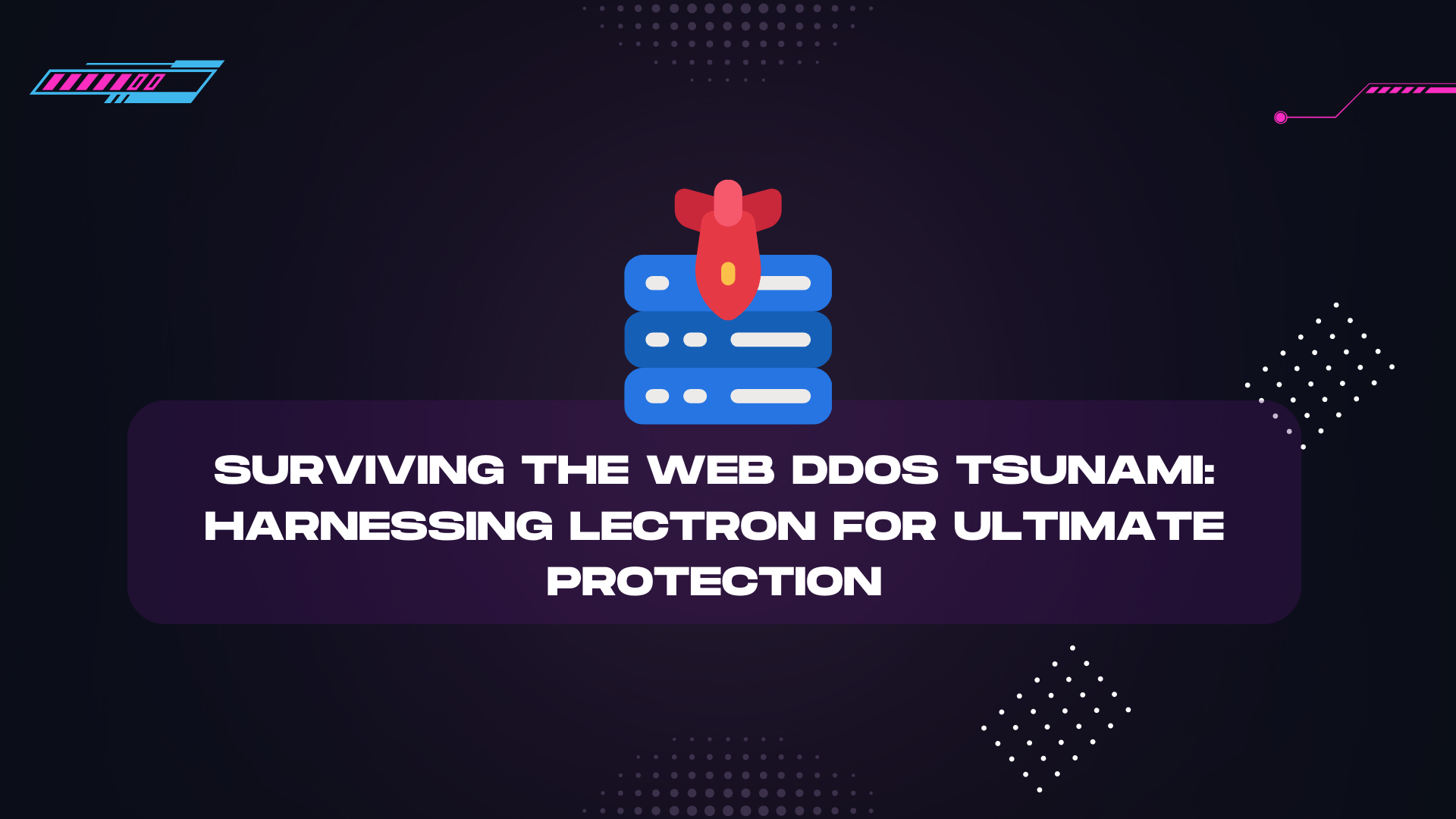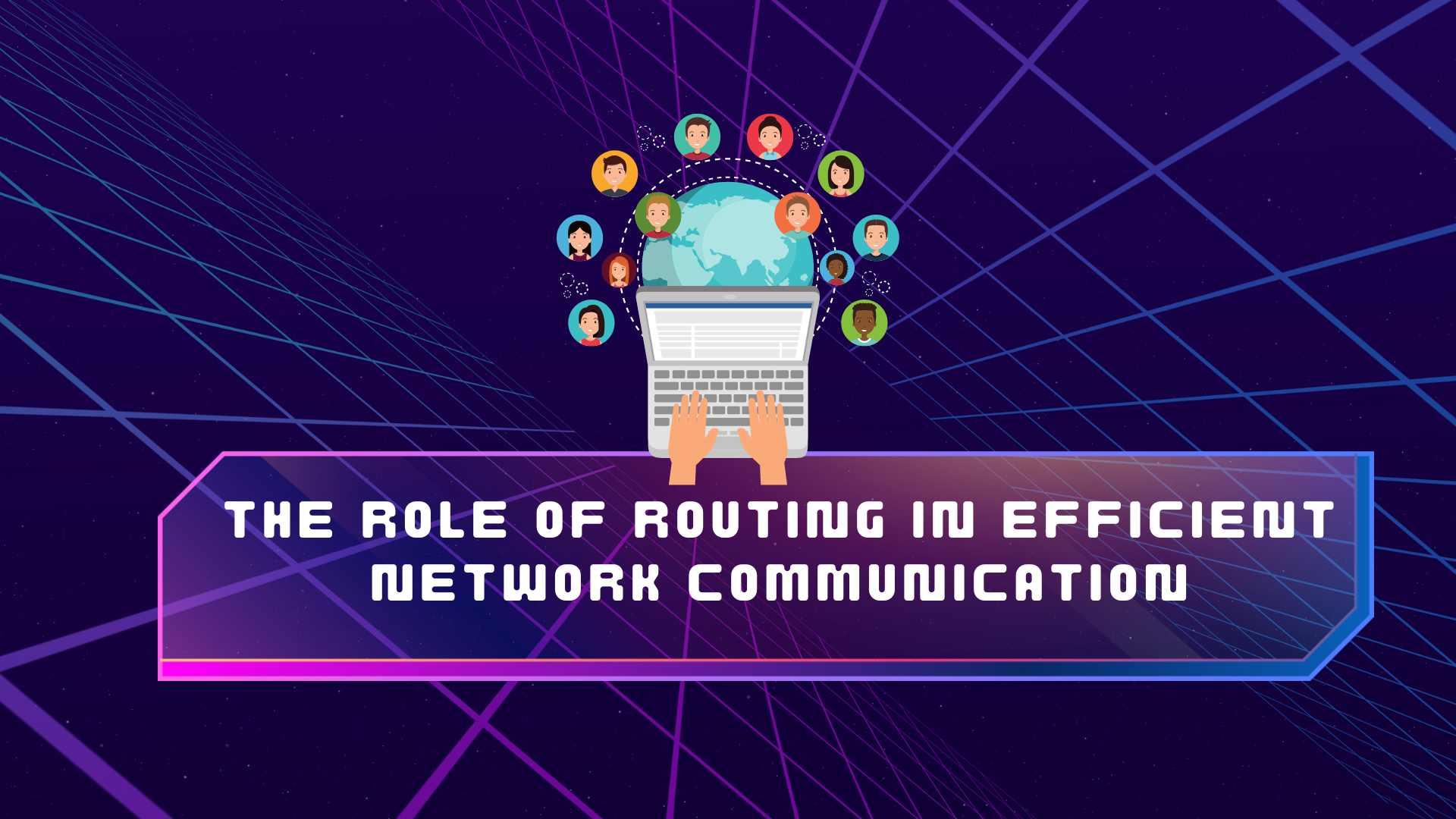In today’s digital age, e-commerce and online businesses have become increasingly vital to the economy. These businesses rely heavily on their online presence and the availability of their websites and services to reach and serve customers. However, with the increasing dependence on the internet, e-commerce and online businesses are also becoming more vulnerable to cyber attacks, particularly Distributed Denial of Service (DDoS) attacks.
A DDoS attack is a type of cyber attack in which a website or online service is overwhelmed with a large amount of traffic in order to make it unavailable to legitimate users. These attacks can be launched from a large number of compromised devices, known as a botnet, which can generate a massive amount of traffic. The goal of a DDoS attack is to disrupt the normal functioning of a website or service, making it unavailable or slow to access for legitimate users.
The impact of DDoS attacks on e-commerce and online businesses can be significant. One of the most obvious effects is the loss of revenue. When a website or service is unavailable, customers are unable to make purchases or access the information they need. This can result in lost sales and damage to the business’s reputation. Additionally, e-commerce and online businesses may also experience increased costs, as they may need to invest in additional infrastructure and security measures to protect themselves from future attacks.
Another impact of DDoS attacks on e-commerce and online businesses is the damage to their reputation. When a website or service is unavailable, customers may become frustrated and turn to competitors. This can result in a loss of brand loyalty and a decrease in overall customer satisfaction. Additionally, if a business relies heavily on its online presence, a prolonged DDoS attack could cause long-term damage to the company.
In addition to the financial and reputational impact, DDoS attacks can also have a significant operational impact on e-commerce and online businesses. When a website or service is unavailable, employees may be unable to perform their job functions, and customer support may be overwhelmed with complaints. This can lead to increased stress and pressure on employees, which can result in burnout and turnover.
One of the challenges in protecting e-commerce and online businesses from DDoS attacks is that these attacks can be difficult to detect and defend against. DDoS attacks can come from a large number of sources and can vary in size and complexity. Additionally, attackers are constantly evolving their tactics and using new technologies to launch more sophisticated attacks.
To protect e-commerce and online businesses from DDoS attacks, it is important to implement a comprehensive security strategy. This should include both proactive and reactive measures. Proactive measures include implementing firewalls and intrusion detection systems, as well as regularly updating software and systems. Reactive measures include having a response plan in place, such as having additional capacity on standby, in case of an attack.
One of the key proactive measures that can be taken to protect e-commerce and online businesses from DDoS attacks is the use of a Content Delivery Network (CDN). A CDN is a system of servers that are distributed around the world and are used to distribute content, such as websites and services. By distributing content across multiple servers, a CDN can help to mitigate the impact of DDoS attacks by redirecting traffic away from the targeted website or service.
Another proactive measure that can be taken is to use a DDoS protection service. These services use advanced technologies such as traffic shaping, traffic filtering, and traffic redirection to detect and block DDoS attacks. They can also provide additional capacity and resources to help mitigate the impact of an attack.
Points to get Secure your bussiness
- Loss of revenue:
When a website or service is unavailable, customers are unable to make purchases or access the information they need, which can result in lost sales. - Increased costs:
Businesses may need to invest in additional infrastructure and security measures to protect themselves from future attacks. - Damage to reputation:
Customers may become frustrated and turn to competitors when a website or service is unavailable, resulting in a loss of brand loyalty and a decrease in overall customer satisfaction. - Operational impact:
When a website or service is unavailable, employees may be unable to perform their job functions, and customer support may be overwhelmed with complaints. - Difficulty in detection and defense:
DDoS attacks can come from a large number of sources and can vary in size and complexity, making it difficult to detect and defend against them. - Need for comprehensive security strategy:
Implementing a comprehensive security strategy that includes both proactive and reactive measures is important to protect e-commerce and online businesses from DDoS attacks. - Using a Content Delivery Network (CDN):
Using a CDN can help to mitigate the impact of DDoS attacks by redirecting traffic away from the targeted website or service. - Using a DDoS protection service:
Using a DDoS protection service can help detect and block DDoS attacks, as well as provide additional capacity and resources to help mitigate the impact of an attack. - Having a response plan in place:
Having a response plan in place in case of an attack is important to minimize the impact of DDoS attacks.




